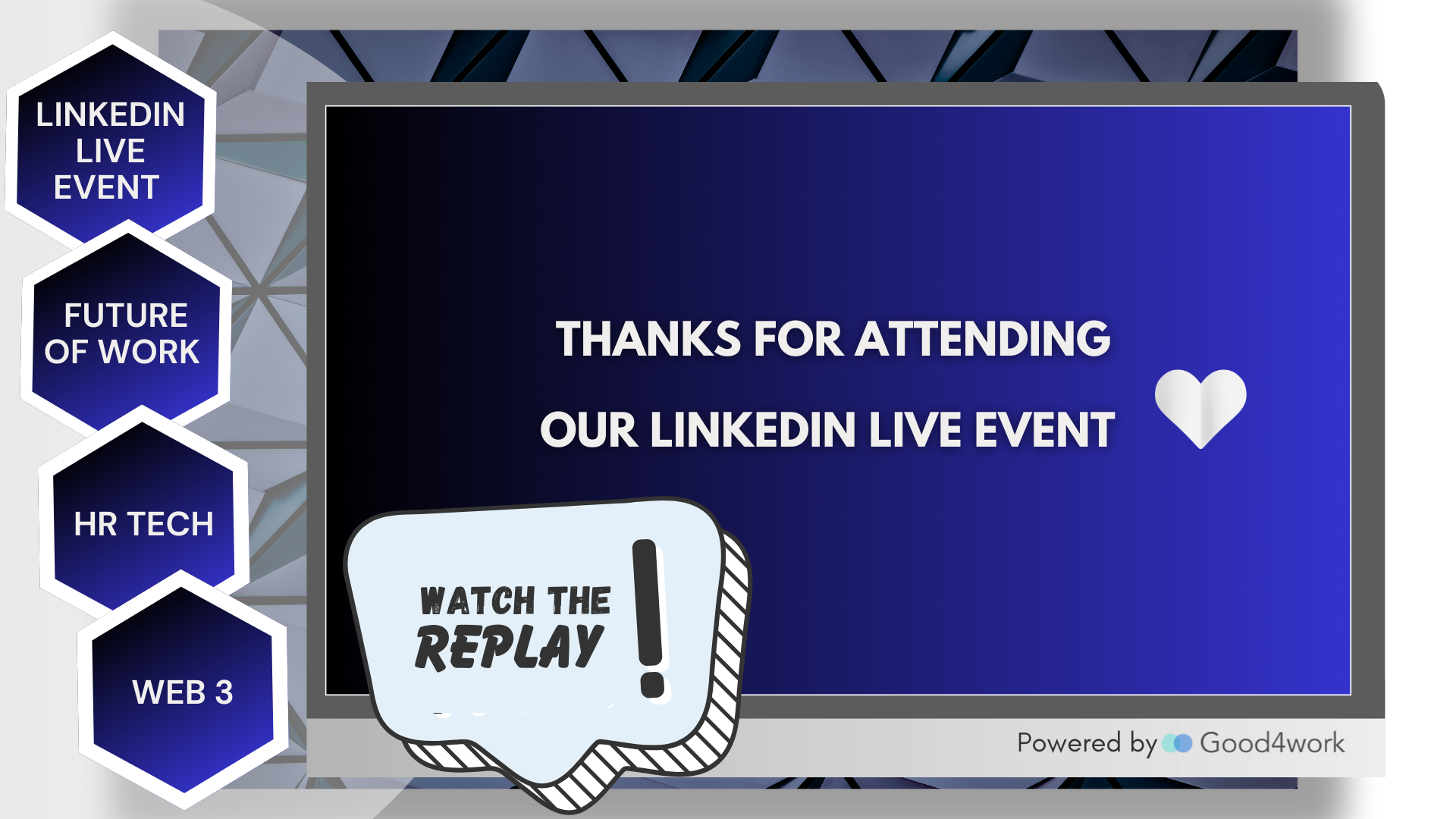The Future of work has accelerated by at least 5 or 10 years
It feels like the fifth Industrial revolution, except people aren’t migrating to city offices. Indeed, San Francisco’s downtown golden age is over. The streets and buildings are still under-occupied, if not eerily quiet, during the rush hours. The economy will always shape our society and people’s behaviors, and the black swan events, a.k.a. viruses and their multiple variants, have created a situation that forced the acceleration of the future of work by at least 5 or 10 years.
We wouldn’t have talked much about the metaverse without COVID-19. Think of how it hastened our making peace with robots, giving them another chance to create new jobs rather than destroying them.
According to an Oracle survey, an impressive 85% of people want technology to help regain control of their lives. Makes sense in such an uncertain and chaotic world. More than ever, we have a unique opportunity to build a better workplace with new HR technologies that better serve a people-first culture.
What can we do?
And Web 3.0 is leading the way
I love the concept of the hybrid paradox because it explains the tensions – the back and forth – to building a better workplace. On the one hand, we all want more freedom, autonomy, and flexibility, but on the other hand, we crave more cooperation. And we must reinvent a new form of digital cooperation that bridges the in-person and digital environment in a continuous process. In this context, teams are at the cornerstone of this hybrid reinvention.
Web 3.0 is leading the way by showing us that decentralization can be organized around the new values of Trust and Transparency. And our young generation knows it very well: we’ll all soon thrive, embodied in our avatars, whether you call it Roblox, VR, Metaverse, or Workspace, or through a new generation of Team communication tools connecting people across the board.
![]() Geraldine Woloch-Addamine – Founder and CEO, Good4work
Geraldine Woloch-Addamine – Founder and CEO, Good4work
*Photo by Scott Rodgerson on Unsplash


